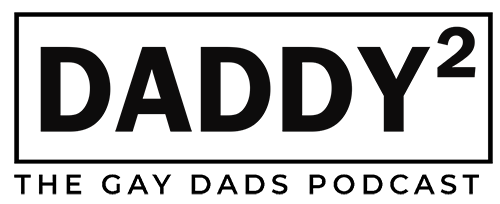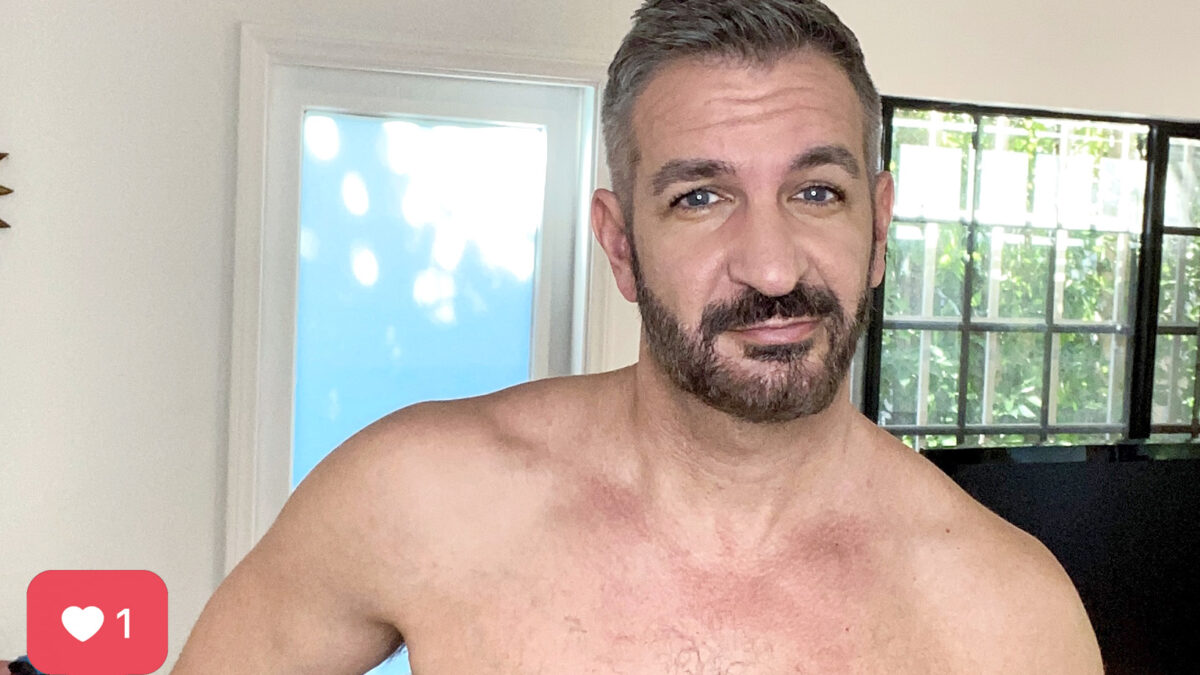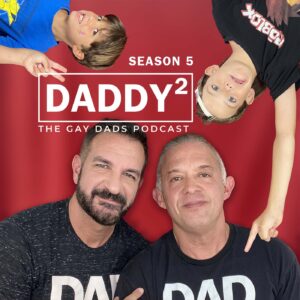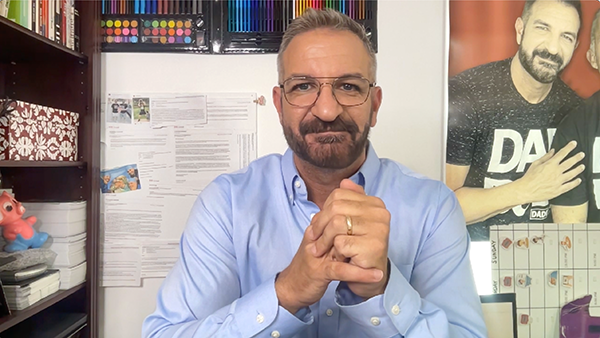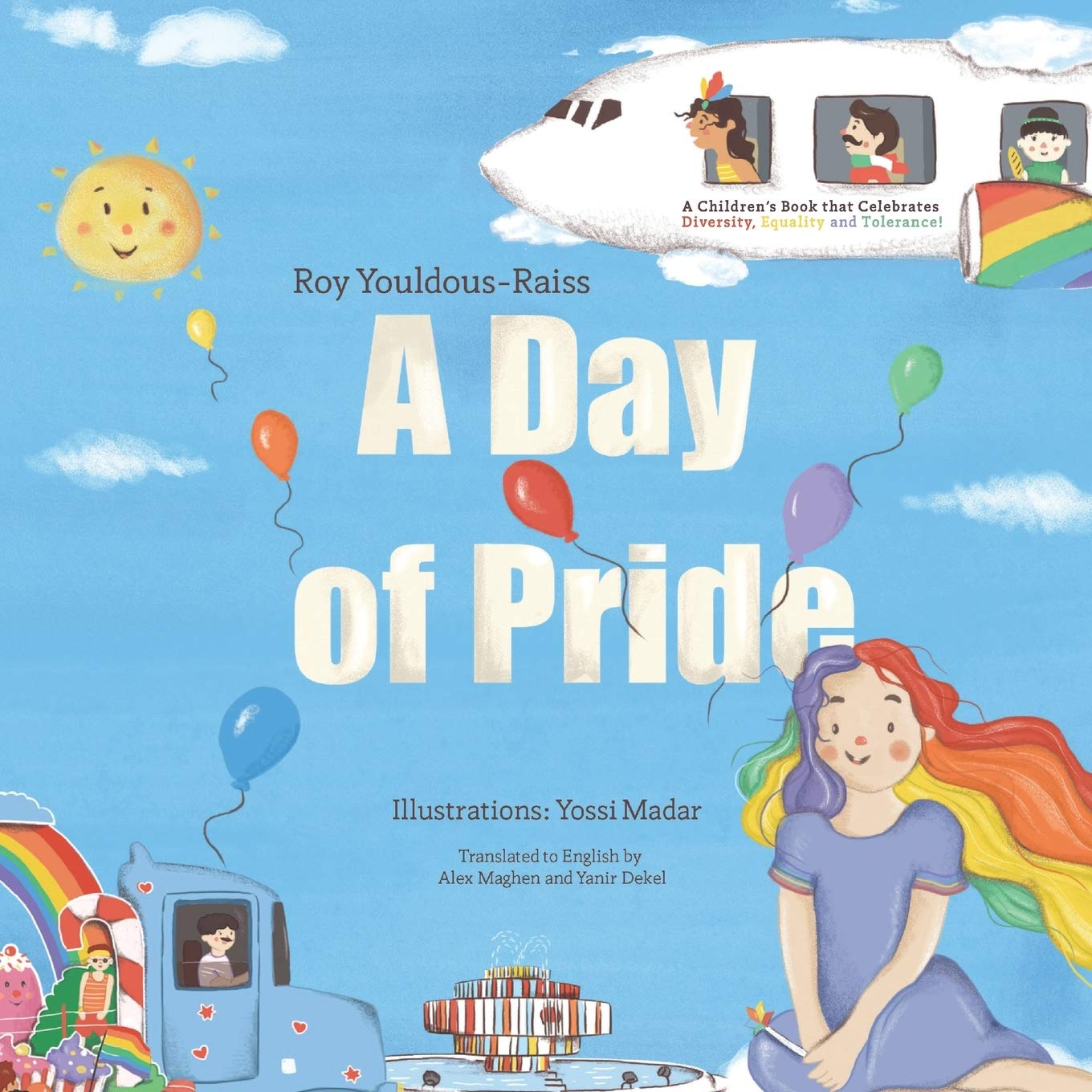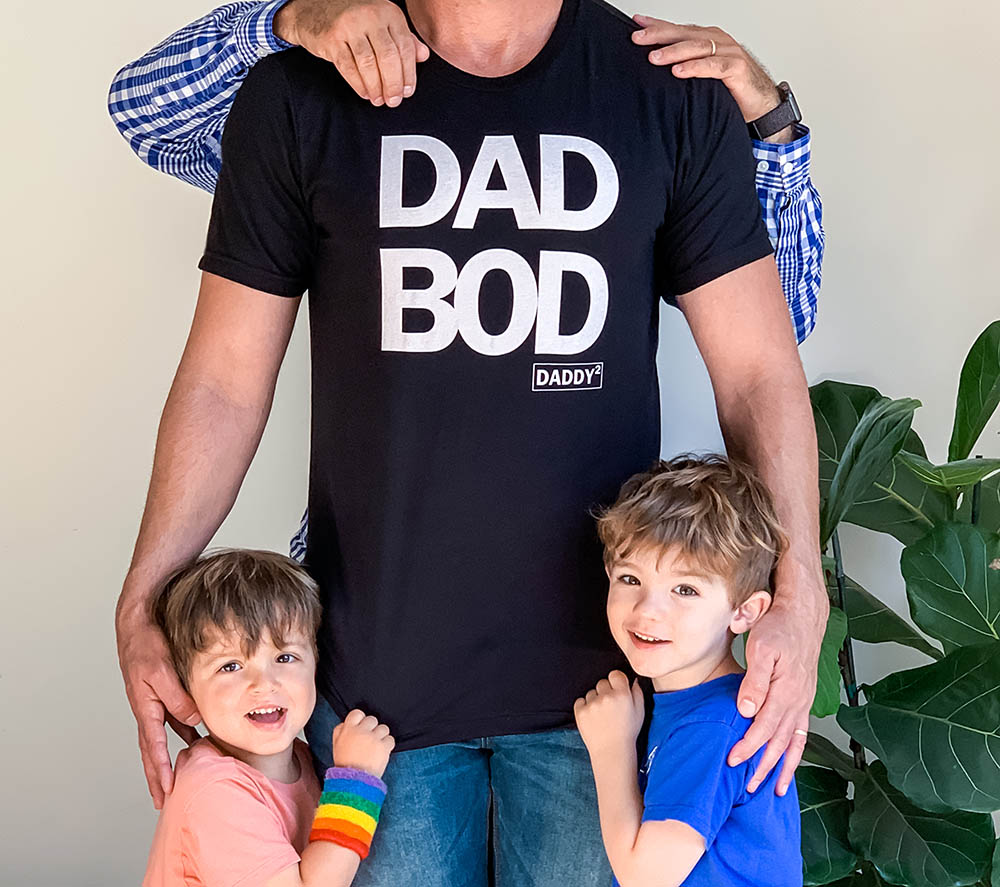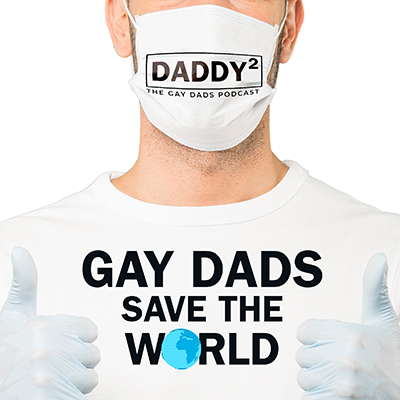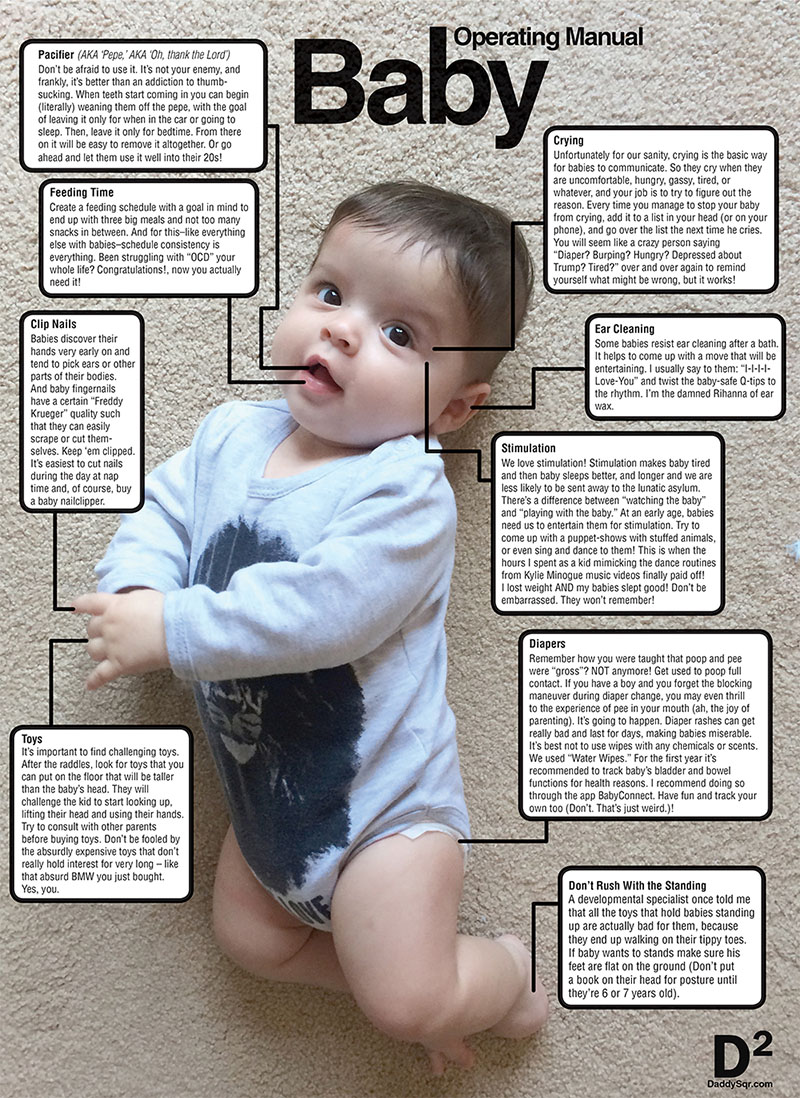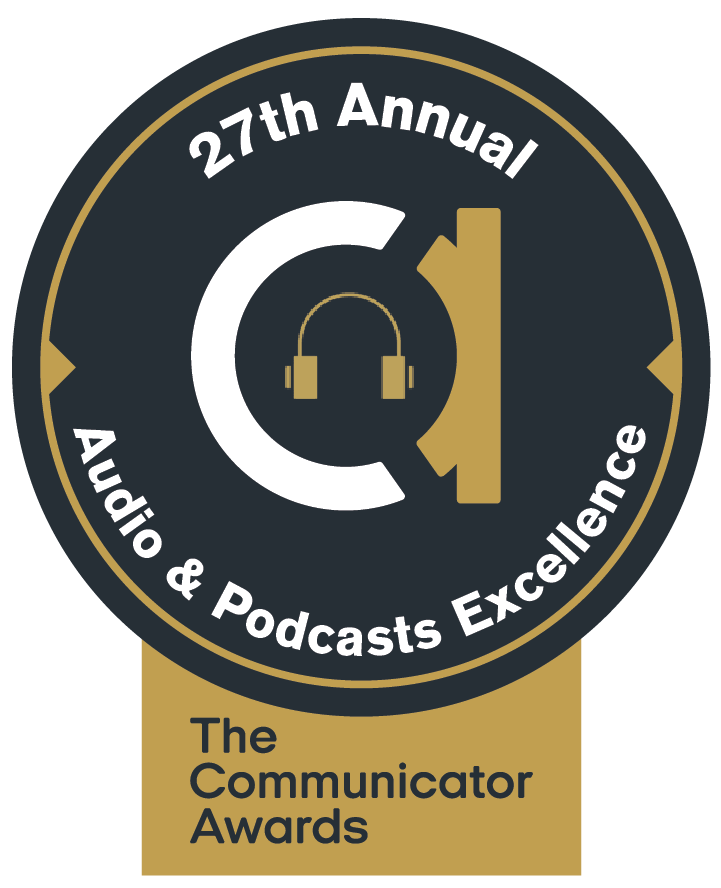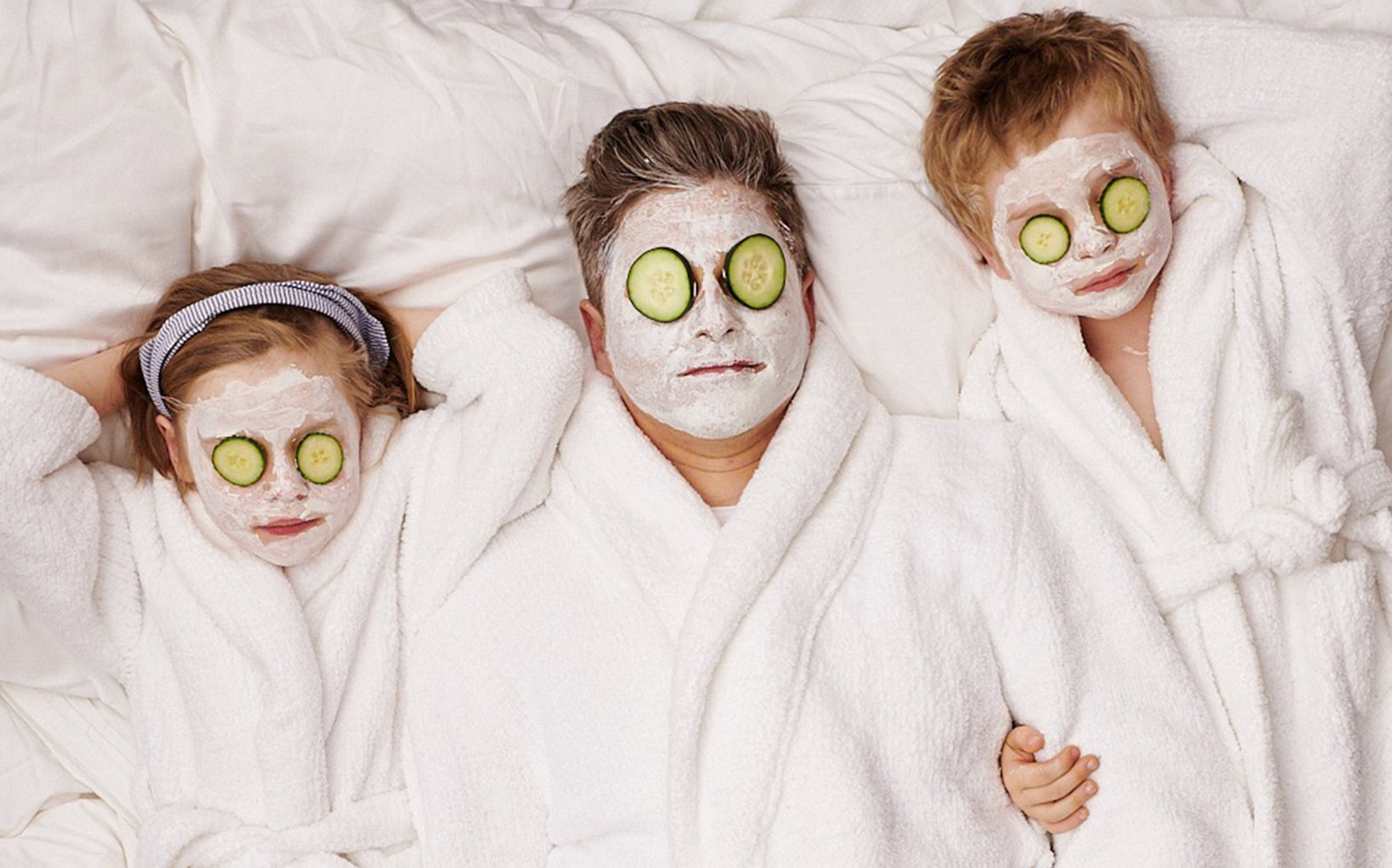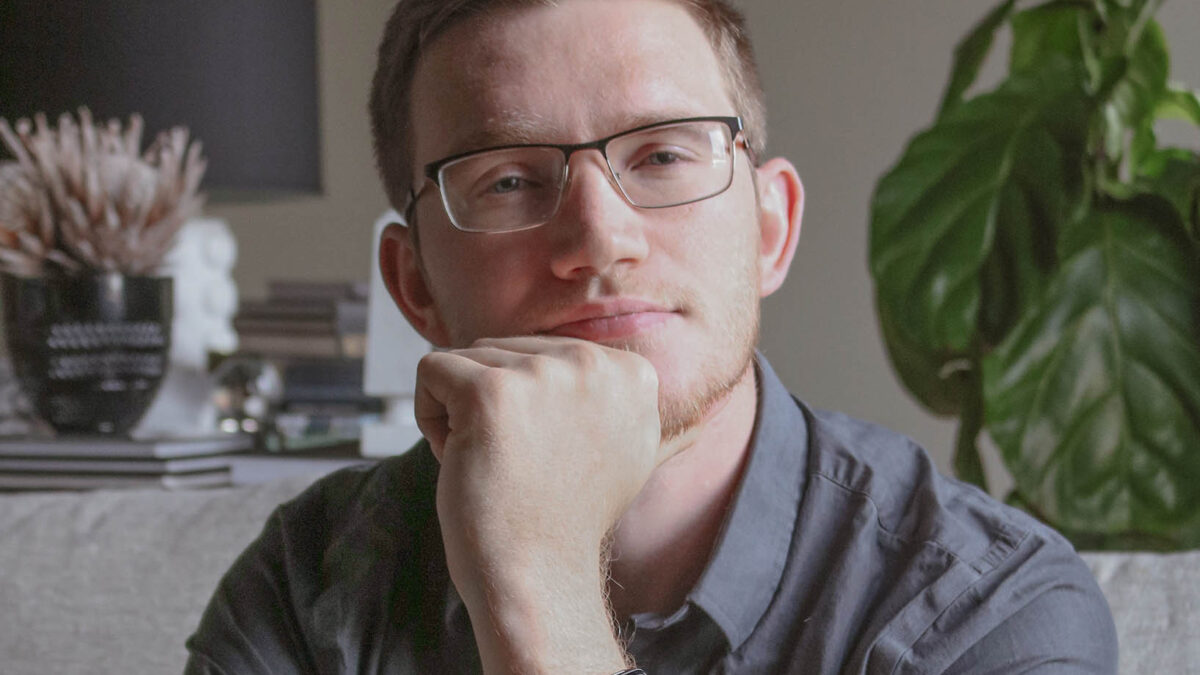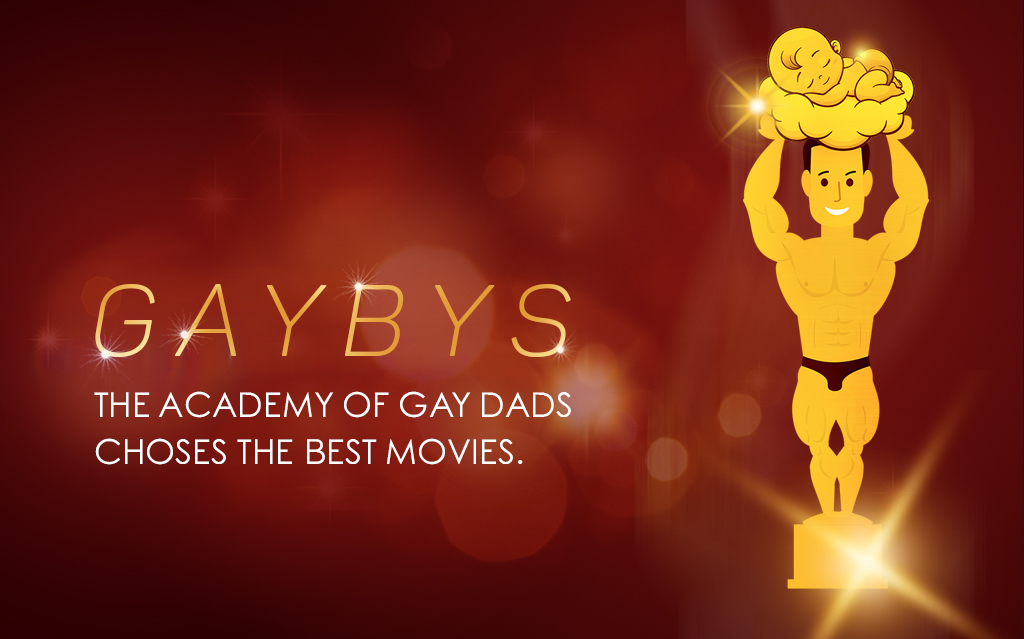Heart for the Shirtless Selfie: The Paradox of the “Gay” Naked Body
For years I’ve been struggling with shame, thinking that I’m not good enough. But how much of it is constantly being fed by things that I don’t even notice that I’m doing?
A quick search on Google images for “gay” leads the results of what Google thinks we all want to see: perfectly-shaped muscular torsos in shorty-shorts, with perfect smiling masculine faces. Gay porn, gay magazines, gay dating apps, and even Instagram—they all “sell” us unanimously-agreed hot men as the currency of our time and attention, and as a way to make money off of us.
And this is, of course, not random. It is WE who told them in the first place that this is what we want to see: we follow men on Instagram just because the way they look, we want to see the hottest looking men have sex on Porn Hub, and sometimes we click on an article on the internet just because the subject of the article is cute. But after a while of looking at your feed of men with toned muscles, hair in all the right places, eyes that say ‘let’s cuddle’ and perfectly-shaped chins, we should ask ourselves: are we more turned on or more sad?
I’m not going to bitch about hot men here. But I’m going to question their benefit to our mental health.
I grew up into shame at a very young age. Not only did I suffer from bullying because I was too feminine and didn’t play soccer, the sound of whispering and giggling behind my back was the soundtrack of my childhood. I was never ‘good enough’ like the other boys, and I was never one of the girls. I wasn’t good enough for my parents, and I grew up thinking that there was something wrong with me, and harshly judging myself because it was never enough. I was never enough. I was never even worthy of showing the world who I really am.
While I was working – and solving – some of these issues in therapy throughout the years, there have been things that I still struggle with, like making friends and feeling good about myself, about how I look, or my other imperfections. There are better and worse days, and I’ve noticed that the key to the shift is comparison to other people vs. looking at myself and what makes me happy. It’s like, where will I get a ‘confirmation’ that I’m enough: myself or random strangers?
Same vs. Other
I think that as gay people we are tapping into a comparison trap: while straight people are attracted to “the other,” we, as gays, are attracted to “the same,” which defines to us that what we’re attracted to is what’s generally considered ‘attractive’. This means that we have to hold ourselves to the standard that we set to begin with, so that both we and our standards of attractiveness are on one side of the scale while the other side is empty. That’s heavy.
There are gays that I follow on Instagram, and every time a picture of them pops up – it immediately throws me back to that ‘not good enough’ soundtrack. It used to be when I looked at a guy with a prettier face and a muscular body it caused me to think either that “I’ll never get to have that” or “I’ll never get to be that.” It’s as if these “100s k-follower guys” have it all, they live at a different level; It always seemed to me that life is somehow easier for them, because they get the approval of society, and I never did. Now it’s happening with gay dads: I see pictures of perfectly-shaped men smiling with adorable kids, all dressed like an Old Navy Autumn brochure, their house looks like it was taken from Architectural Digest, and I ask myself, How?, How can it be true that they have got this all together and I’m struggling with endless amounts of laundry and dishes, and ketchup hands on the walls, and with burning myself out arguing with them about mandatory things like taking a bath or clipping their nails. My kids wake up at 5am and when I drop them at school I just want to go to sleep. Or have a cocktail. Or both.
Addicted to Society’s Approval
I’ve recently finished reading a book by former Attitude magazine editor Matthew Todd. It’s essentially a book about alcohol and drug addiction (and recovery) among gay men. It’s called Straight Jacket, and although I’m not an addict of that sort, I realize now that I might be addicted to society’s approval, and with that the most self-consuming sphere I can be in is Instagram.
I have always had a tremendous amount of respect for AA programs and their correlation, and reading this book I realized how addictions of any sort tie so strongly to shame, which is basically what we’re talking about here:
Hot men are hot. And I am not.
Apparently there’s a professional name for these kinds of thoughts, it’s called ‘compare and despair’ which is basically what I am doing in my subconscious when I look at a feed full of muscle-bodied hotties, while being one of hundred thousands followers who basically do the same. We follow them because according to our standards they are attractive, and because we are not achieving those high standards; we tell ourselves that we are not. And this is painful.
In addition, the never-ending profiles allow us to play mean girls and judge people so harshly in order to get exactly what we perceive as perfect: this guy is too skinny, this one is too fat, this one has a mole, too short, too pale, too twink, too much eyebrow plucking.
In the dating world, Grindr and Scruff profiles list out the reasons why you are not good enough even before they met you: “no fats, no Asians, no fems, muscles only, hung only,” etc.
Shame is so complicated. It’s hardly our fault, nevertheless we have to deal with that. According to Straight Jacket shame is traumatic, often starts in childhood, and causes people to obsessively want to be better than anyone else (perfectionism). It leads to self-obsession and swinging between superiority (grandiosity) and inferiority (judgementalism), leads to narrow worldview (black-and-white thinking), low self-worth and development of anger at other people (resentments). Any of this sound familiar?
What’s the Point of the Shirtless?
People say to me, ‘f**k everyone else, who cares what they think?’ but it doesn’t really help. Because when as a kid you were constantly told you were a ‘faggot’ and ‘transvestite’ and ‘a girl’ when you were absolutely sure that you weren’t any of these, you grow up without the approval of society that you are good enough, that you are worthy. You have to unlearn this, and it’s painful, and takes time, and more often than not requires specific types of people who allow that to be in your life.
“Life is not about being the best looking, or hearts for shirtless selfies, or sleeping with the hottest people, or getting the best job, or being on guest lists for clubs or hanging with cool people who aren’t really cool because how can they be when ‘cool’ doesn’t exist?” Matthew Todd writes. “No, life is about coming to terms with who you are, dealing with your demons and enabling yourself to love and be loved. There really is nothing else to it.”
I’m not saying I’m unfollowing hot men now or won’t consume porn. That’s hardly going to happen. But I will try – like my husband often asks me to – to see why and how I am enough, so much more than enough. Until one day it sticks. But what I do plan to change is, ask myself again and again what following this guy actually positively contributing to me? Interesting people make me think, funny people make me laugh, kind people make me feel like I want to connect. What is the purpose of the shirtless?
If you feel the same (or not) please drop me a line and let me know your experience dealing with shame. hello@daddysqr.com
